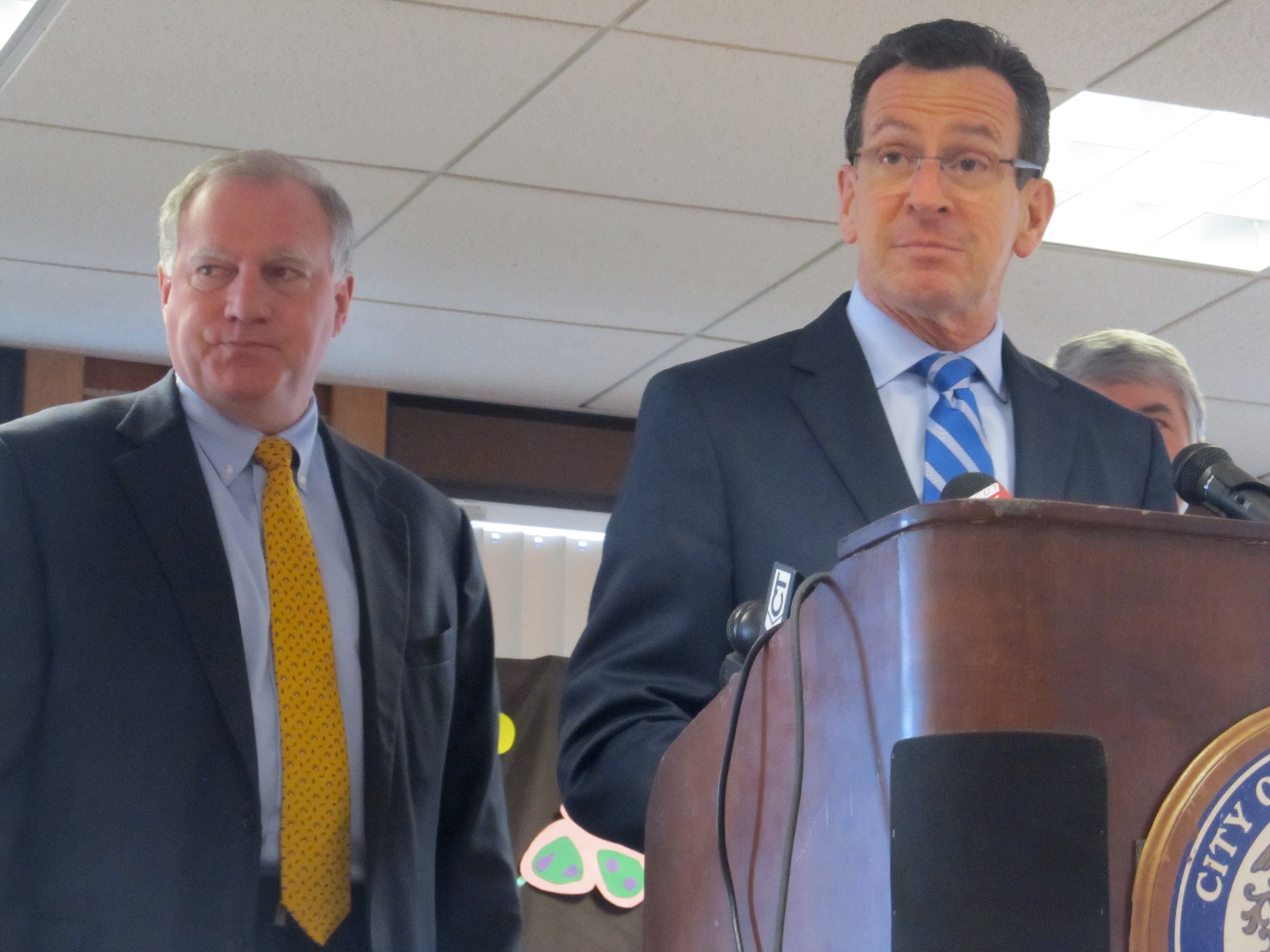Connecticut Tribes Need Federal Approval for East Windsor Casino, State AG George Jepsen Says
Posted on: April 18, 2018, 03:00h.
Last updated on: April 18, 2018, 02:04h.
The Connecticut tribes jointly constructing a satellite casino in East Windsor must obtain federal approval from the US Department of the Interior (DOI) and Bureau of Indian Affairs (BIA), the state’s attorney general declared this week.

At the request of Connecticut House Speaker Joe Aresimowicz (D-Berlin/Southington), Attorney General George Jepsen opined this week that the Mashantucket Pequot and Mohegan Sun Indians still require the feds signing off on their $300 million East Windsor casino before gaming operations should commence.
“The risks of proceeding without federal approval of the amendments is unchanged. Indeed, subsequent events and actions of Interior only reaffirm our view that approval of the amendments is highly recommended to protect the State’s interests under the Compacts,” Jepsen concluded.
Last year, the General Assembly passed Public Act 17-89 and Governor Dannel Malloy (D) signed the legislation into law. The bill authorized the two Connecticut tribes to construct a satellite gaming venue with 2,000 slot machines and between 50 and 150 table games on off-sovereign land.
The statute is aimed at keeping critical slot revenue from flowing north across the Connecticut-Massachusetts border to the $960 million MGM Springfield, which is to open this fall. But the legislation was conditioned on the DOI and BIA signing off on the state’s amended gaming compacts with the tribes. To date, no such authorization has been received.
Complicated Connecticut
Connecticut’s efforts to maintain its 25 percent slot revenue cut it currently receives from the tribes’ Foxwoods and Mohegan Sun casinos has turned into an intricate legal mess.
MGM Resorts, trying to secure the largest gaming monopoly possible around its Springfield casino is spending millions of dollars lobbying in the Connecticut capital of Hartford.
The company unsuccessfully sued the state, with federal judges dismissing the case on grounds that a commercial casino operator has no business involving itself with state and tribal politics. MGM later submitted a $675 million integrated resort proposal for the fiscally distraught town of Bridgeport.
Some lawmakers have been wooed by MGM, and have since introduced legislation that would revoke the tribe’s East Windsor permit in favor of opening up a competitive bidding process where both tribal and commercial companies could submit designs.
Last month, Jepsen attested that the state can listen to new casino pitches without jeopardizing the Mashantucket and Mohegan tribal compacts.
The general opinion is that the lawmakers won’t find a resolution to the gaming expansion before their May 9 mandatory adjournment.
Timing Critical
The Connecticut tribes are already working on the East Windsor site. Demolition began March 5 on the building that currently occupies the 26-acre site.
The satellite is to protect what slot revenue is left for government coffers. As casinos have expanded in nearby states, Connecticut gross gaming income has significantly declined, and as a result, the state’s 25 percent share has as well.
The tribes delivered $430 million in 2007 in slot revenue to the government, but just $267 million last year, a 38 percent drop.
Connecticut’s congressional delegation recently wrote the US Inspector General requesting an investigation into why Interior Secretary Ryan Zinke has failed to formally issue an opinion on the state’s updated compacts.
No comments yet